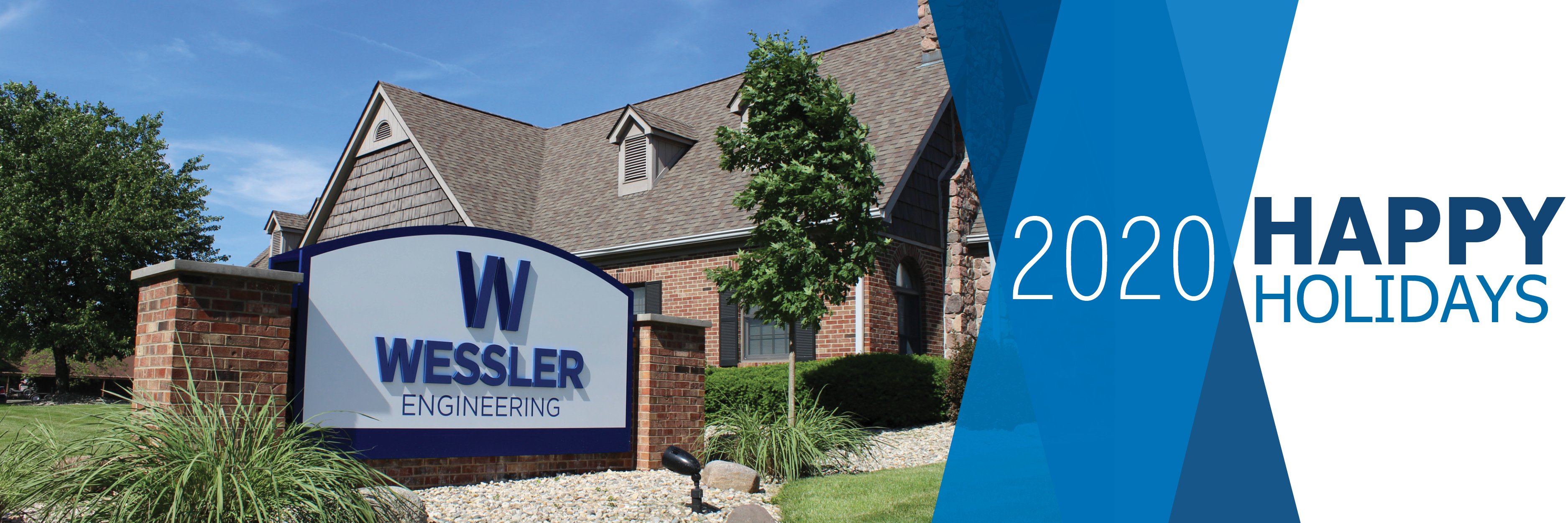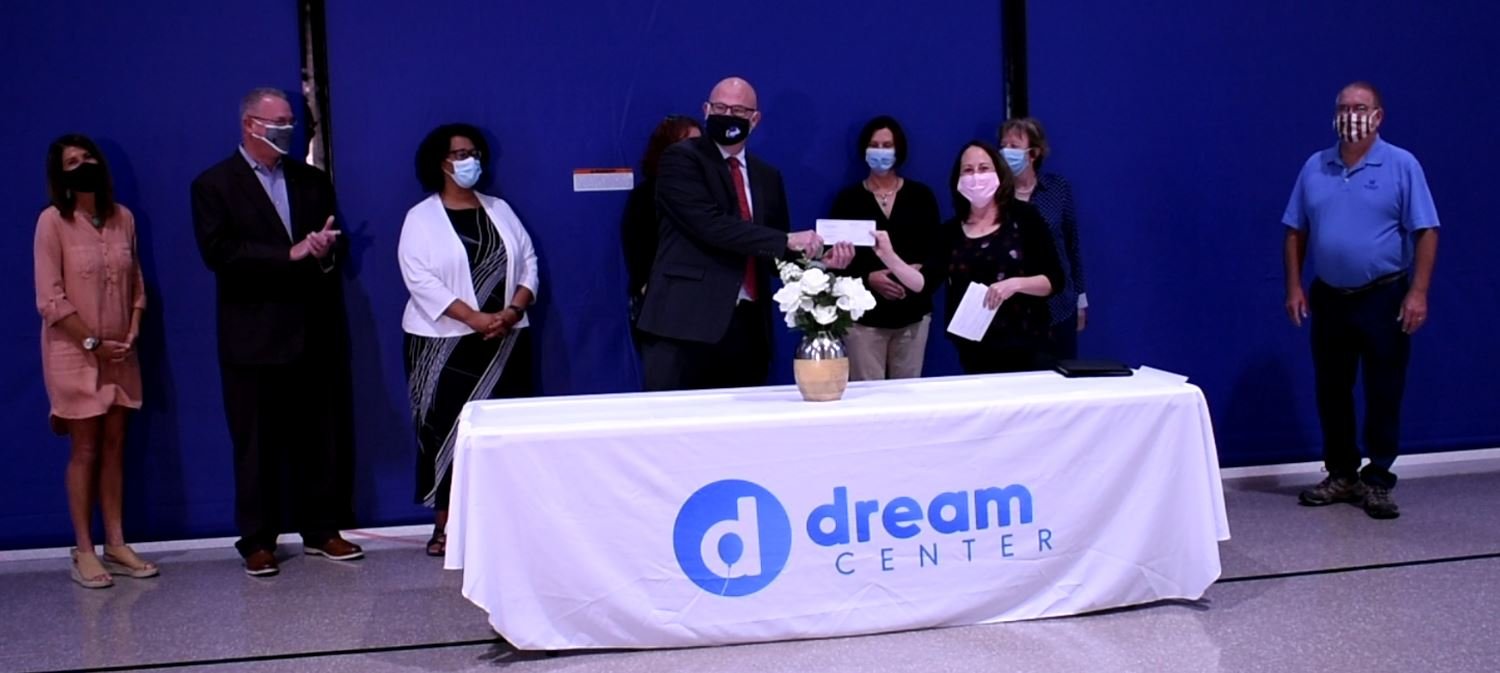Blogs
Grate Expectations: Crossroads of America...Indiana's Approach to MS4
Watch the video or read below.
Welcome back to Grate Expectations. Today, we’re in the ‘Crossroads of America’—Indiana. Known for its diverse landscapes and expansive roadways, Indiana faces unique challenges in stormwater management.
Let’s explore how the Hoosier State handles its MS4 requirements and strives for water quality excellence.
Arc Flash, Part 5: How NFPA 70B and Infrared Protect What 70E Assumes
By Chris Guffey, PE (Chris has 20+ years of delivering turnkey power-and-control solutions for water/wastewater facilities. He is an expert in low/medium-voltage distribution, electrical safety and arc flash compliance (NFPA 70E), electrical preventative maintenance (NFPA 70B), and SCADA instrumentation.)
This is part 5 in our Arc Flash blog series. Click here to read part 4.
When most organizations think about arc flash safety, they jump straight to PPE, labels, and safe work practices. Those are critical parts of NFPA 70E compliance. But here’s a reality that often gets overlooked: Your arc flash study is only accurate if your equipment is operating the way it did the day it left the factory.
And that assumption is rarely true.
Connections loosen, breakers age, dust builds up, and components overheat. Over time, neglected maintenance quietly changes how electrical equipment performs, and that changes how it fails. When failure behavior changes, so does your arc flash risk.
That’s where NFPA 70B comes in.
Arc Flash PPE: Matching Protection to Incident Energy
This is part 4 in our Arc Flash blog series. Click here to read part 3.
When it comes to electrical safety, knowing your risk is only half the battle. The next step (and one of the most critical) is wearing the right protection for the job. In this post, we’ll explain how to match Arc Flash Personal Protective Equipment (PPE) to the actual hazard levels found on your site, using incident energy analysis as your guide.
Arc Flash: Qualifying How-Tos
This is part 3 in our new Arc Flash blog series. Click here to read the first one "Arc Flash 101" and here for part 2 "Beyond the Label: Building a Complete Electrical Safety Program"!
Grate Expectations: How Municipalities Prepare for MS4 Compliance
Still Learning, Now Leading
When I began my engineering career, fresh out of school with a bright and shiny E.I. after my name, I came to my first job feeling educated and ready to tackle whatever the job threw at me. I quickly realized my education was only a very small fraction of what I needed to know to be a successful engineering consultant.
Beyond the Label: Building a Complete Electrical Safety Program
When most people think of arc flash safety, they picture the hazard labels on electrical panels that are bright, bold warnings with calorie ratings and PPE requirements. And while those labels are crucial, they’re only the beginning. A truly effective electrical safety strategy goes far beyond compliance stickers. It requires a comprehensive Electrical Safety Program rooted in NFPA 70E, one that keeps your people safe, your documentation clear, and your operations resilient.
In this post, we take a look at what building a full-cycle safety program really involves, and how utilities, municipalities, and facility owners can move from “check-the-box” to “culture-of-safety.”
Let it Flow: Keeping Storm Drains Clean

When you hear about protecting our rivers, lakes and streams...what do you think of? Proper waste disposal? Using less chemicals? Properly disposing of plastics and other supplies? Picking up “extras” left by that one neighbor’s dog from down the street?
Those are all great things to help the environment, but we’re here to talk about the often-overlooked storm drains (preferably ones without creepy clowns with red balloons).
Arc Flash 101: A Hidden (and Explosive) Electrical Danger in Water Infrastructure

When we think about the challenges facing our water and wastewater systems, most of us picture aging pipes, heavy storms, treatment plant upgrades, or an aging workforce. But there’s another hazard that’s less visible — and far more dangerous — for the people who keep our water systems running every day: arc flash.
More Than a Project: Servant Leadership in Action
 April 2nd through the 13th, I had an opportunity to travel to Malawi Africa with my family and Design Outreach (DO) team members to help bring clean water, sanitation, and medical support to rural villages.
April 2nd through the 13th, I had an opportunity to travel to Malawi Africa with my family and Design Outreach (DO) team members to help bring clean water, sanitation, and medical support to rural villages.
DO is a Christian nonprofit comprised of a global team of problem solvers dedicated to creating solutions to the biggest problems facing people in low-income countries.
(Blog) Pay Dirt In-Field Workshop: Construction Site Erosion and Sediment Control BMPs In Action!
Have you ever heard of construction site erosion and sediment control best management practices (BMPs), also known as construction site BMPs? Prior to working at Wessler, I hadn’t - and little did I know the importance of them in preventing the most common stormwater pollutant from damaging our nation’s waters: sediment.
(Blog) Don't Miss Out! Upcoming Conferences and Events

2025 is under way and there are several civil engineering conferences/events to look forward to throughout the great Hoosier and Buckeye states! Here are some coming up through the end of April with registration already open (or will be open soon).
These certainly are not all of them but if you plan on attending any of these, the Wessler team looks forward to seeing you there!
(Blog) EPA: Internet-Exposed HMIs Pose Cybersecurity Risks to Water and Wastewater Systems
MS4 Training - CSGP Requirements and Application Process
Use this 18 minute video to review the Construction Stormwater General Permit (CSGP) process and meet some of your Municipal Separate Storm Sewer System (MS4) Coordinator Training Requirements for Construction and Post-Construction. This presentation covers Stormwater Pollution Prevention Plan (SWPPP) components, the SWPPP review process, and Notice of Intent (NOI) and Notice of Termination (NOT) submittal to Indiana Department of Environmental Management (IDEM).
Nancy Cho, CPESC, Environmental Services Senior Project Manager
317.788.4551 | NancyC@wesslerengineering.com
WE Hear Voices Part 1
Podcast listening has exploded in recent years and WE (Wessler Engineering...see what we did there?) are listening to a ton of them! There is a podcast for everything. Literally every single thing. From random history to finance, news to religion and faith, true crime to Always Sunny, fashion to cults, conspiracy theories, all things food…
Indiana Water, Wastewater Utilities Face Cyber Threats and Aging Workforce
This story was originally written by Rebecca Thiele at Indiana Public Broadcasting and was published August 25, 2024.
In May, Russian hackers targeted a wastewater treatment plant for Tipton. Fortunately, workers at the plant noticed something was wrong and were able to switch to manual operation until they could address it.
Cyber attacks don’t just threaten your money, they can also put your access to clean drinking water and a functioning sewer at risk.
Industrial Pretreatment Part 2: Why We Need to Care About Pretreatment for Industrial Facilities
If you came to this article after Industrial Pretreatment Part 1, welcome back! If this is the first article you are looking at, I recommend reading Part 1 to get an understanding of the threats that unregulated industrial discharges present to the environment, public infrastructure and public safety. This blog will explain what role pretreatment plays in protecting the health of the environment, the safety of the public and the stability of the infrastructure that serves our needs.
Industrial Pretreatment Part 1: How Industrial Discharges Can Affect Our Environment and Infrastructure
Recently, I attended my fourth Wastewater Industrial Technical Training Education Conference (WITtec) in Greenwood, Indiana. The conference attendees included wastewater professionals from government entities throughout Indiana, as well as private consultants and vendors who specialize in wastewater treatment processes and equipment. I learned a lot at the conference this year, but the one thing that stood out to me the most was learning about a couple of disasters that are prime examples of the consequences of unregulated industrial discharges to our local infrastructure and ultimately, our local environment.
Digester Member Spotlight: Tyler Hammerle, P.E.
The following article was published in the Spring 2024 issue of The Indiana Digester with the permission of its publisher, Craig Kelman & Associates.
Consider the plethora of careers paths that are available out there. Then consider your own choice of career. For many of us who have had the privilege to do something we excel at in the field that we're passionate about, we may oftentimes take that privilege for granted. Day in and day out, we seamlessly navigate through our daily routines, honing our skills until they become second nature. For Tyler Hammerle, however, there's a profound sense of pride and an acute awareness of the impact his skills can have, and the opportunity it affords him in making the lives of his community at large as well as the environment better.
Important Message from IDEM for Indiana Drinking Water, Wastewater Operators and Cybersecurity Contacts
Attention Indiana Drinking Water and Wastewater Operators and Cybersecurity Contacts
As many of you may have seen on recent news reports, water sector utilities in several states and European countries have been targeted by cyber-attacks believed to originate in Russia. These instances seem to be an organized effort targeting internet facing devices that are unsecured, or poorly secured using default or overly simplistic password protocols. IDEM is providing the guidance below from WaterISAC to help mitigate utility exposure from internet facing devices:
PFAS Drinking Water Regulations: Let’s Get Started Together!
The Environmental Protection Agency (EPA) released their much-anticipated final rule announcement for the legally enforceable new drinking water standards limiting exposure to a class of chemicals called PFAS, known as “forever chemicals.” Under the new rule from the EPA, water utilities must monitor drinking water supplies, ground water and surface water for PFAS chemicals and be required to notify the public and reduce contamination if levels exceed the new standard of four (4) parts per trillion (ppt) for perfluoroalkyl and polyfluoroalkyl substances. One ppt is equal to a grain of sand in an Olympic size swimming pool, meaning four ppt is equal to four grains of sand per 2.64 million gallons of drinking water.
Eastern Heights Utilities: Rural Water Company Makes Technological Leap with New SCADA
For Eastern Heights Utilities, it’s been business as usual for more than 50 years. Based in rural Greene County, Indiana and serving more than 7,000 connections across six counties, this water utility system contains 12 elevated storage tanks, three wellfields, four booster stations and more than 500 miles of water mains in the distribution system. The utility employs 14 staff who reside within the Greene County limits with the average employee having worked at EHU for more than 20 years; a tight knit team, to say the least! EHU employees work seamlessly together to tackle difficult issues within their system as evident by the hundreds of pictures on the walls of these teammates banding together to fix main breaks, digging holes to find leaks or demonstrating how much ice cream can be piled on top of a waffle cone. They are colleagues, teammates… family.
The Baton is Passed
We are very pleased to announce that Dylan Lambermont, P.E., LEED AP has been promoted to the position of president of Wessler Engineering. Following 14 years of exemplary leadership under Brent Siebenthal, Dylan becomes just the fourth person to serve as president, with responsibility for the day-to-day operations and executive leadership of the company.
Benefits of Drones in Civil Engineering

The use of drones in civil engineering applications offers numerous benefits that can increase the efficiency, accuracy and safety of various tasks and can be easier to learn than one might think.
What you need to know about INDOT Utility Relocations (Q&A Part I)
Has your community received a Work Plan Request from the Indiana Department of Transportation (INDOT) and you’re wondering what to do next? If INDOT roadways through your community are listed for improvements, have you thought about how the upcoming project will affect your underground utilities? Do you have a map of where your underground utilities are and know what will be affected?
The Wessler Way in The Region: An Alignment of Values
Ask anyone in “The Region” how they would describe Northwest Indiana and you’re very likely to hear words like hard working, resilient and industrious. In that way, Wessler’s expansion to Northwest Indiana through the opening of our Hobart office represents more than just business growth. It is an alignment of values. The Wessler Way of being thankful, humble, kind, devoted and excellent is consistent with the character of the Calumet Region.
Employee Spotlight: Jacob Barker
Wessler is proud to announce Jacob Barker as our latest Employee Spotlight! Jake has worked at Wessler since 2011, serving as an environmental services project manager.
What are your roles and responsibilities at Wessler?
I am a project manager in our Environmental Services group. I work with clients to ensure that they remain in compliance with local, state and federal environmental requirements. I work out of the Carmel, Indiana office where I also assist with some of the administrative functions of the office. I also serve as Wessler Engineering’s team captain for the Water For People – Run for World Water 5K corporate team.
[Webinar Recording] The New Lead and Copper Rule: What Does it Mean for Municipal Drinking Water Systems?
What are those "bugs" in the activated sludge?!
Have you ever heard someone talk about the “bugs” at their wastewater treatment plant (WWTP) and wondered “what the heck are they talking about?” You may have thought, “I don’t see any bugs in the wastewater.” Don’t worry, you are not alone! These “bugs” are in a whole other world we can’t see with our naked eyes. So let’s peer through a microscope at these “bugs”...
[Webinar Recording] Build-Operate-Transfer (BOT) - An Alternate Delivery Method
As part of our sponsorship with Accelerate Indiana Municipalities (Aim), the Wessler Engineering team hosted a "Build-Operate-Transfer (BOT) - An Alternative Delivery Method" webinar to share information on this value-added option for municipal leaders to consider in their financing evaluations. Special thanks to Warsaw Indiana Mayor Joe Thallemer, Waterloo Indiana Town Manager Pam Howard and GM Development Owner Greg Martz who joined Wessler Vice President and Fort Wayne Office Manager Aaron Hutton, P.E. on the webinar.
Local Recovery: Five Principles for ARP Implementation
As a resource for our municipal clients to help prepare for funding coming from the American Rescue Plan Act, the Wessler Engineering team is sharing the following article courtesy of the National League of Cities: Local Recovery: Five Principles for ARP Implementation. Our thanks to the NLC for permission to share these helpful tips.
Employee Spotlight: Jen Landis
Wessler is proud to announce Jen Landis is the subject of this month's Employee Spotlight!
As our in-house recruiter, Jen plays a key role in growing our team with additional talented professionals. So, if you are looking for a job with Wessler, you may be hearing from her!
We asked Jen some questions so we can all get to know her a little better. Please join us in congratulating Jen!
[Webinar Recording] New MS4 General Permit Plan Review Requirements
Effective Dates Delayed for New Lead and Copper Rule Revisions
On December 22, 2020, the Environmental Protection Agency (EPA) announced the Federal Register Notice of the new Lead and Copper Rule, emphasizing better protection from exposure of lead in drinking water and empowering community leaders through information. These sweeping rule changes were published January 15, 2021.
Every Drop Matters
Water: a resource easy to take for granted, but one we never should.
A community’s drinking water system is one of its most precious assets. Experienced municipal water utility teams across the U.S. spend a great deal of time providing continuous maintenance to our drinking water systems, ensuring their cleanliness, safety and functionality.
Municipal leaders and utility staffs work diligently to help ensure high quality drinking water remains a secure community resource for their local residents, businesses and schools. Because vigilance is the name of the game in the dedicated work these public servants do, implementing tools to protect drinking water systems is critically important.
Happy Holidays from Wessler Engineering
2020… A year unlike any other.
As we rapidly approach the holidays, we would like to thank our clients, colleagues and partners as we – like you – adapted to the necessary changes during the past several months to keep everyone as safe as possible. While it has been a difficult year for everyone, we are grateful for each of you and hope you are able to stay safe and healthy.
Designing with Revit
Jonathan Lee is a CAD technician at Wessler Engineering. Below is a blog he wrote on using Revit and why it should be considered for your next project.
Building information modeling (BIM) is a term used in construction design for many years. For many companies, it is a standard process at the forefront in the development of products such as Autodesk Revit. But isn’t BIM Revit? In technical terms, no. BIM is considered the process that allows for easier planning, designing, visualizing and collaboration. Revit is the software that incorporates this process by using smart data and inputting information into models to help minimize costly errors and visualize the design’s intent.
Employee Spotlight: Construction Site Resident Project Representatives
In this Employee Spotlight, the Wessler Family would like to recognize our construction site resident project representatives (RPR)s. Through thick and thin, this group has continued to excel at a high level, even with all that 2020 has thrown at them! No matter the challenge, they always step up and overcome to press forward with tremendous high-quality work.
Evansville’s 15th anniversary celebrated with Dream Center donation
Fifteen years ago, Wessler Engineering leaders chose to open a satellite office located in Evansville, Indiana. Back in 2005, who would have imagined the challenges we are facing in 2020?
One of the bright spots of this year was the opportunity to recognize our 15 years as an Evansville corporate citizen and how much the community has meant to our Evansville team and our company as a whole. But the ongoing COVID-19 threat meant a traditional celebration was not possible.
Instead, we transitioned to spotlighting a local, well-deserving organization. Based on the recommendation of Evansville Office Manager/Senior Project Manager David Schminke, the Dream Center was chosen.
Drone-Assisted Site Inspections...Innovative Technology, Practical Application
Drones fly in the air to reveal what’s on the ground.
This innovative technology is being used as a valuable, supplemental tool for physical site inspections.
Check out Wessler Engineering Environmental Services Project Manager Jacob Barker’s experience with drone technology to assist with construction site stormwater erosion and sediment control inspections. From providing greater access to construction sites, to capturing high resolution photos, to the potential for additional structure and marketing applications and much more, Jake offers his take on the pros and cons of this increasingly popular technology.
New INDIANA Law on Water and Sewer Main Extensions
The following information was provided courtesy of Accelerate Indiana Municipalities (Aim).
We want to make sure you are aware of the following INDIANA legislation and to be aware of Accelerate Indiana Municipalities (Aim)’s upcoming September 1 webinar as a resource to learn more. The registration link is at the end of this blog.




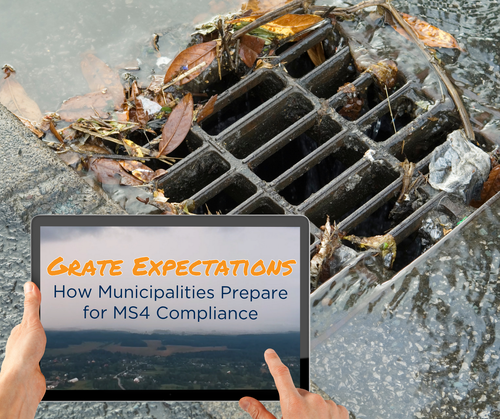
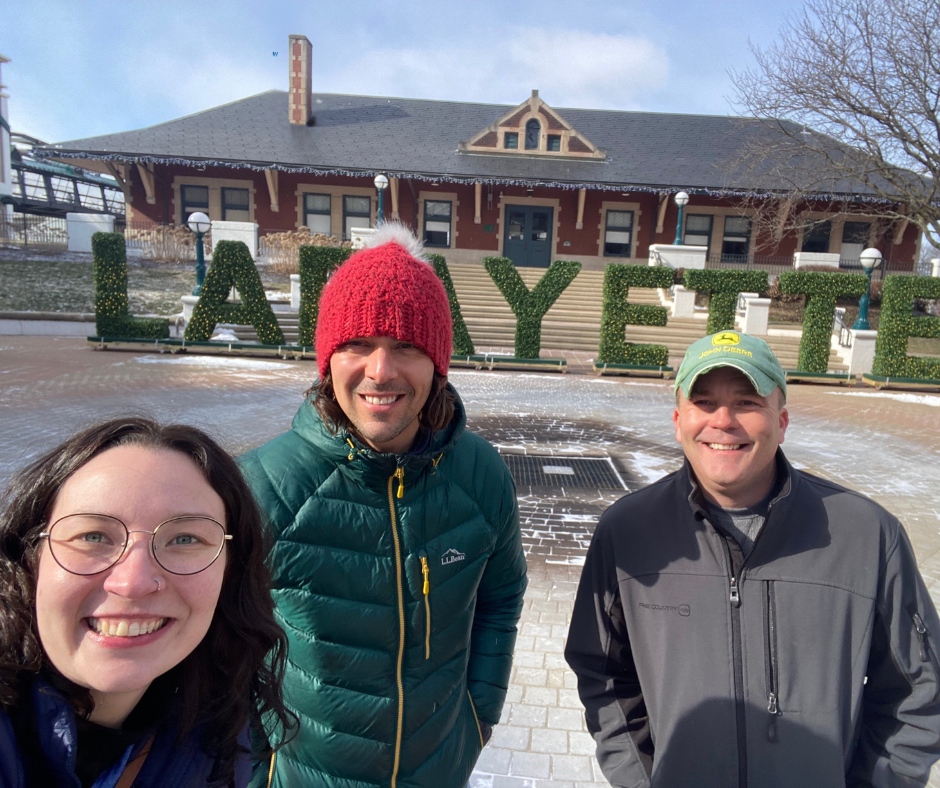


.png)

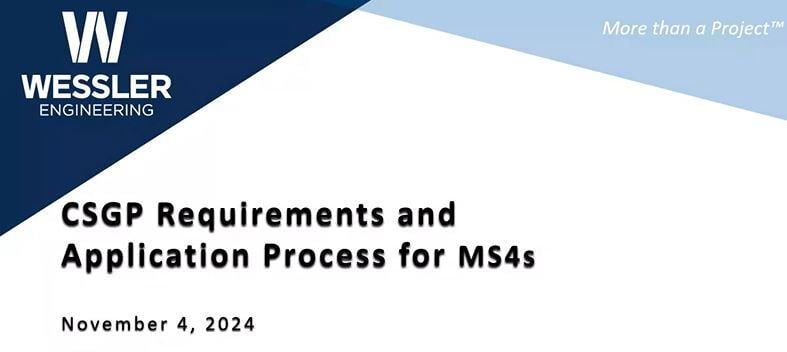




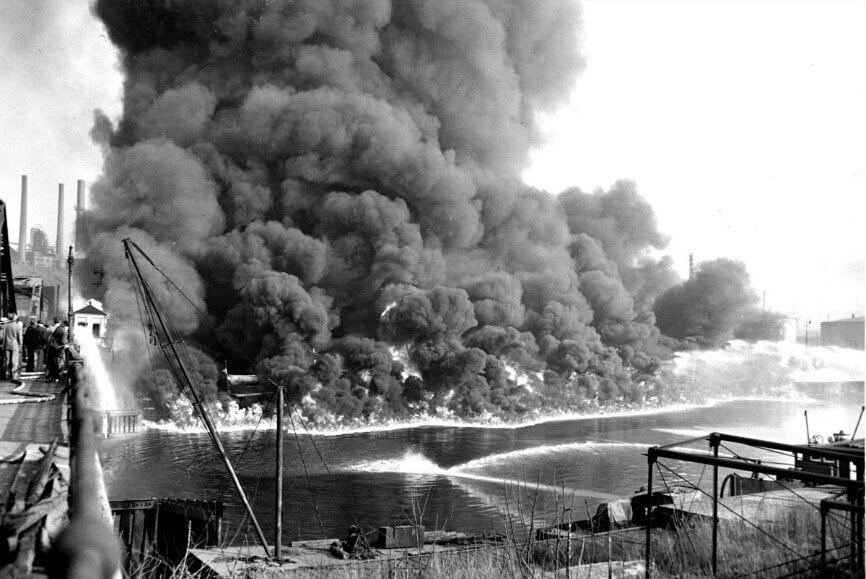
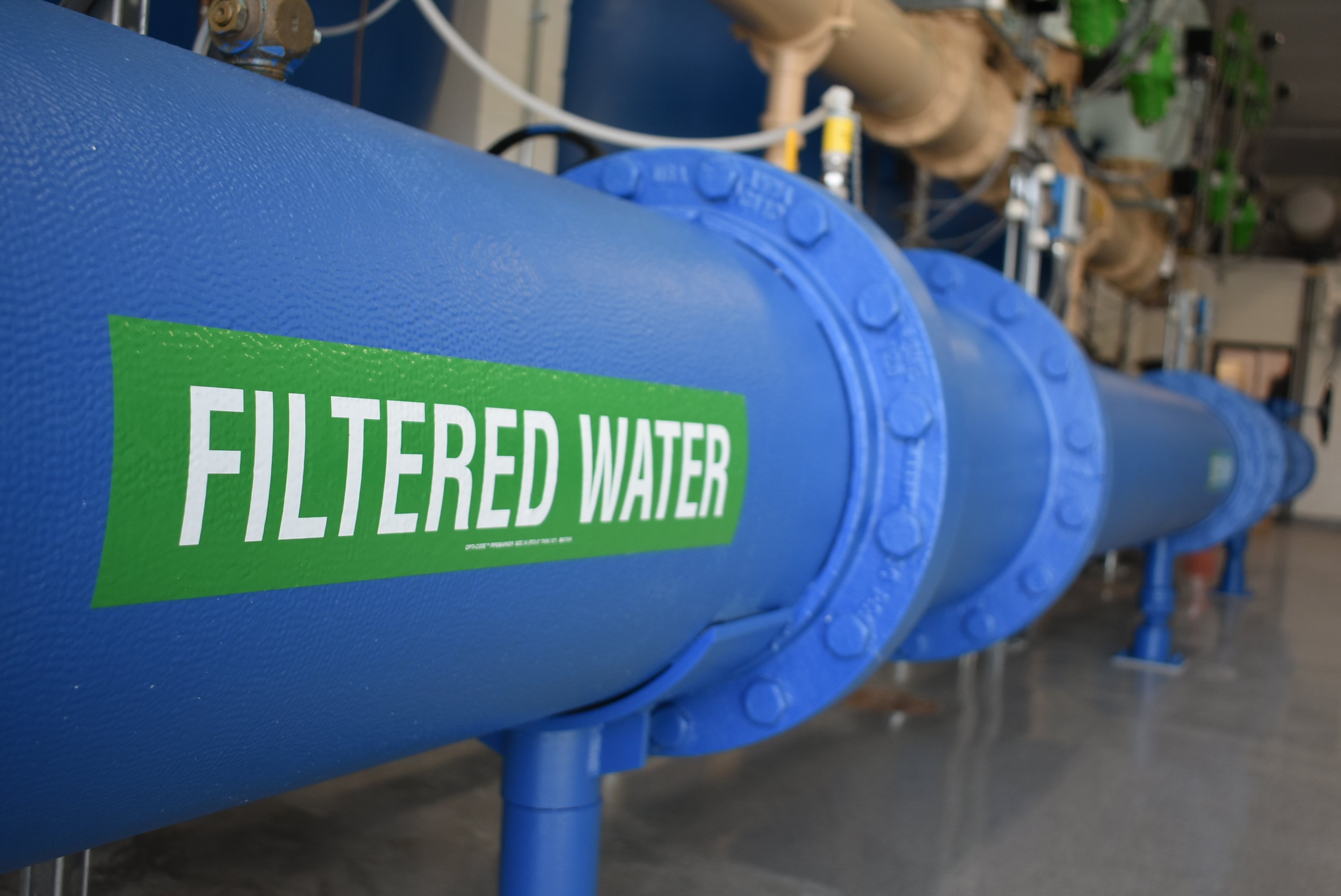
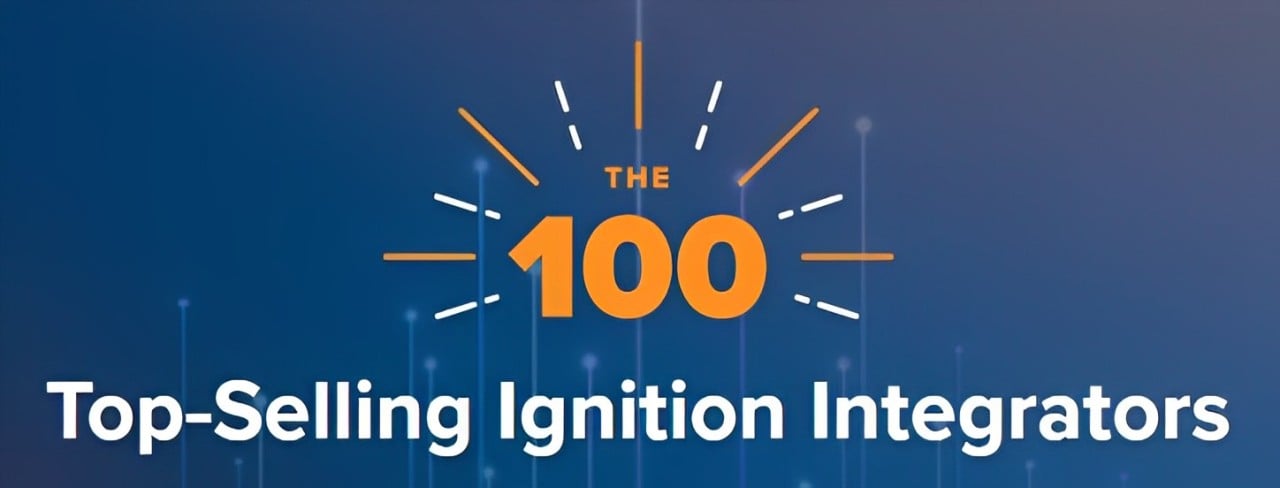

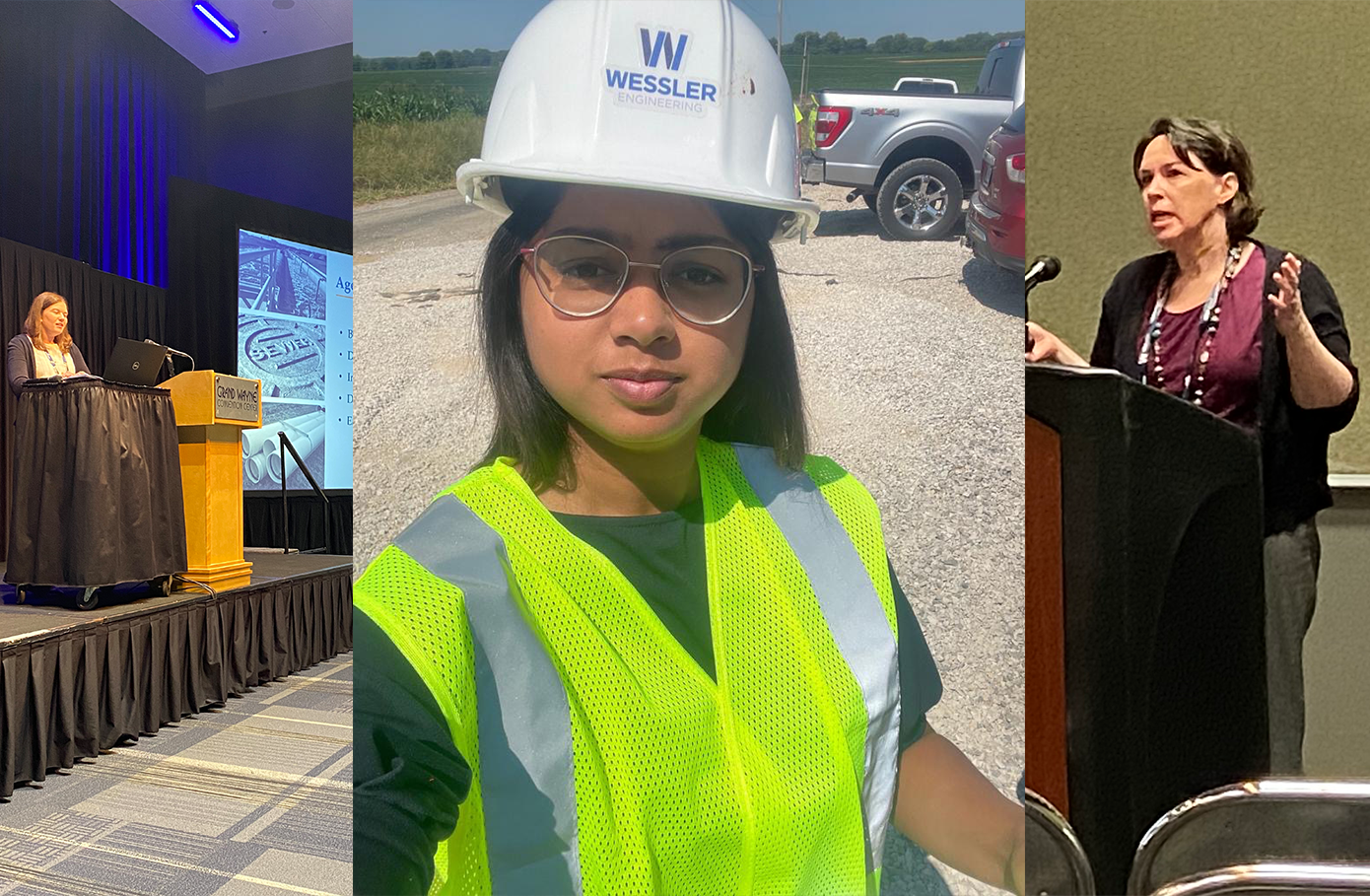
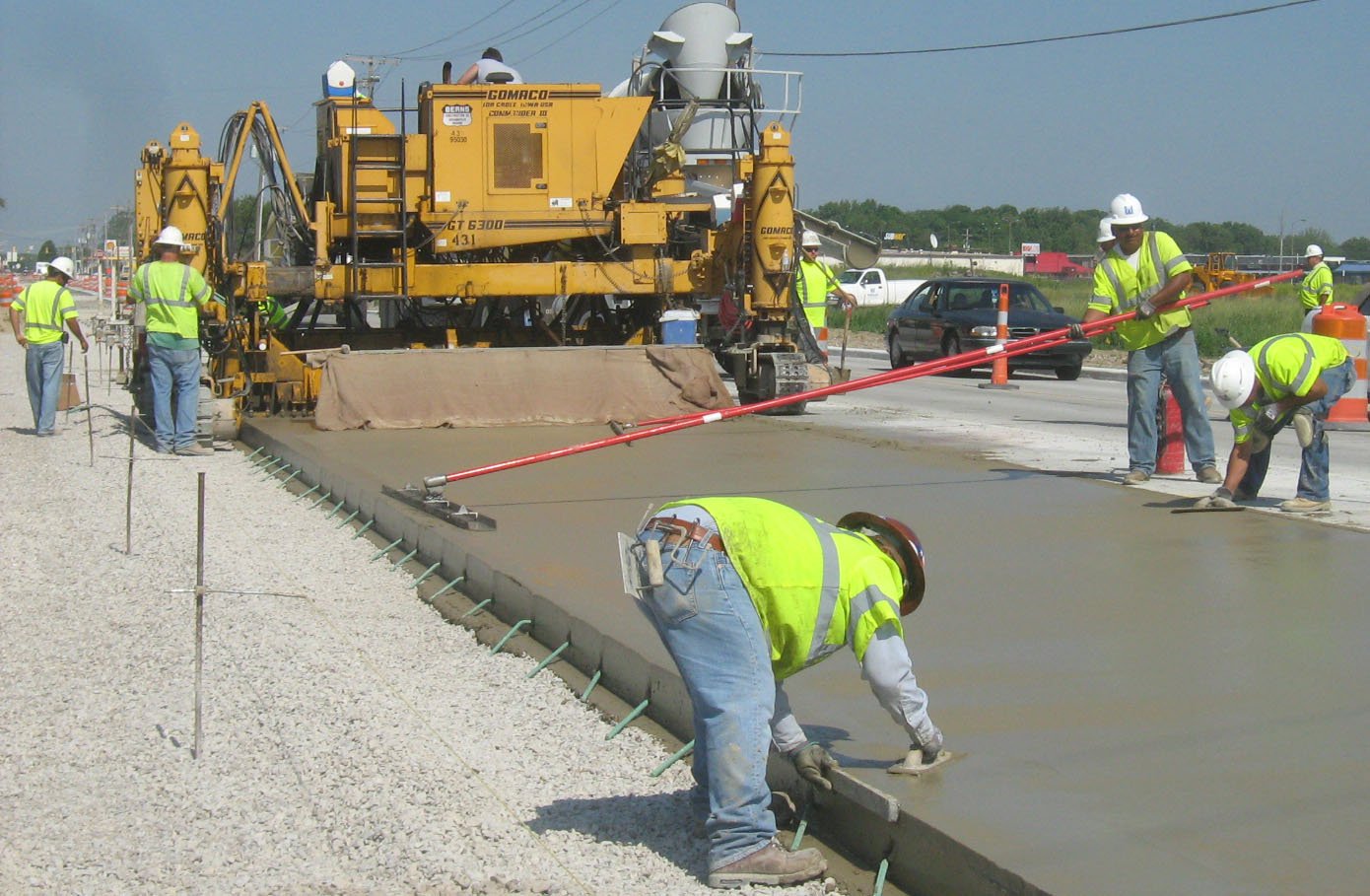
.png)
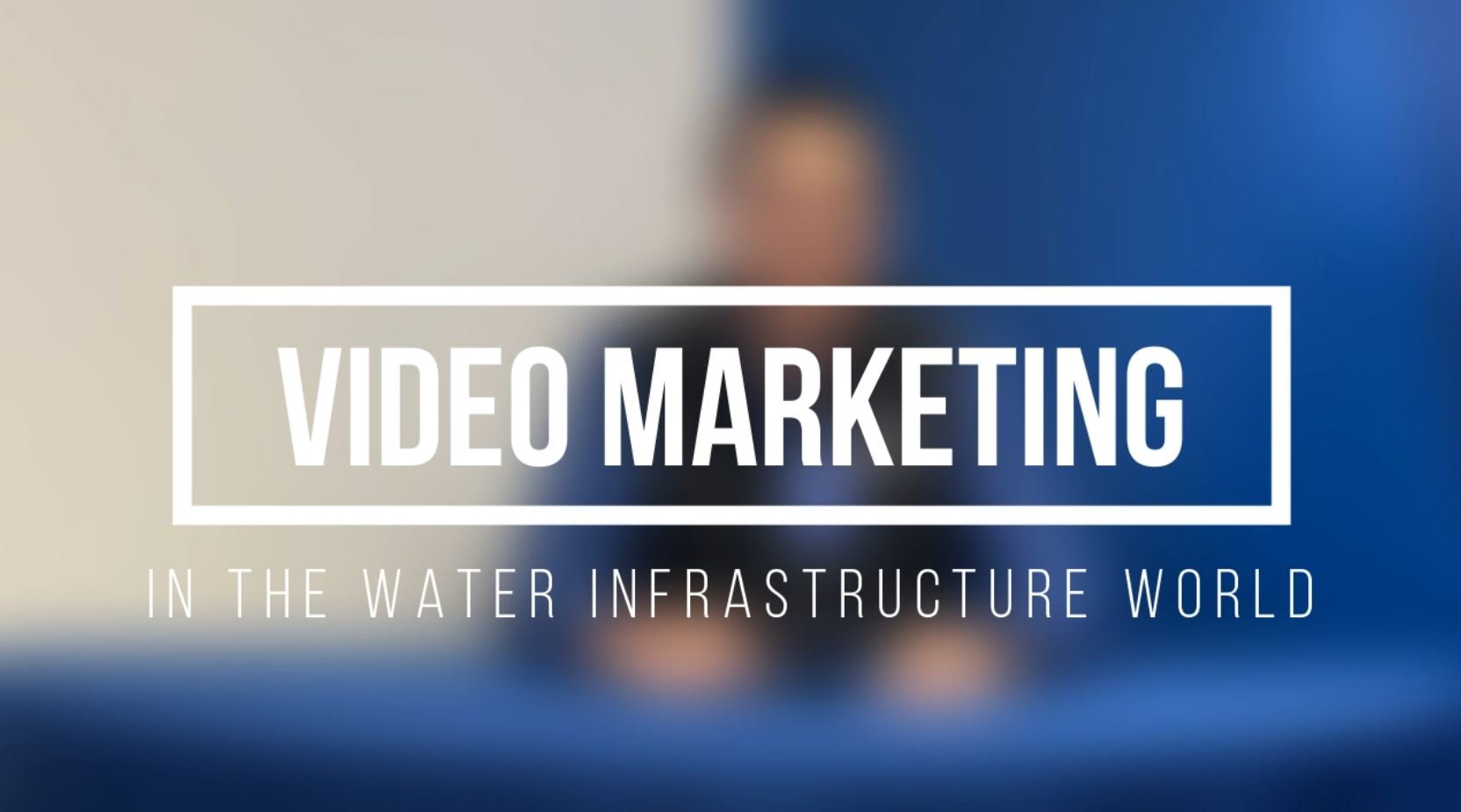
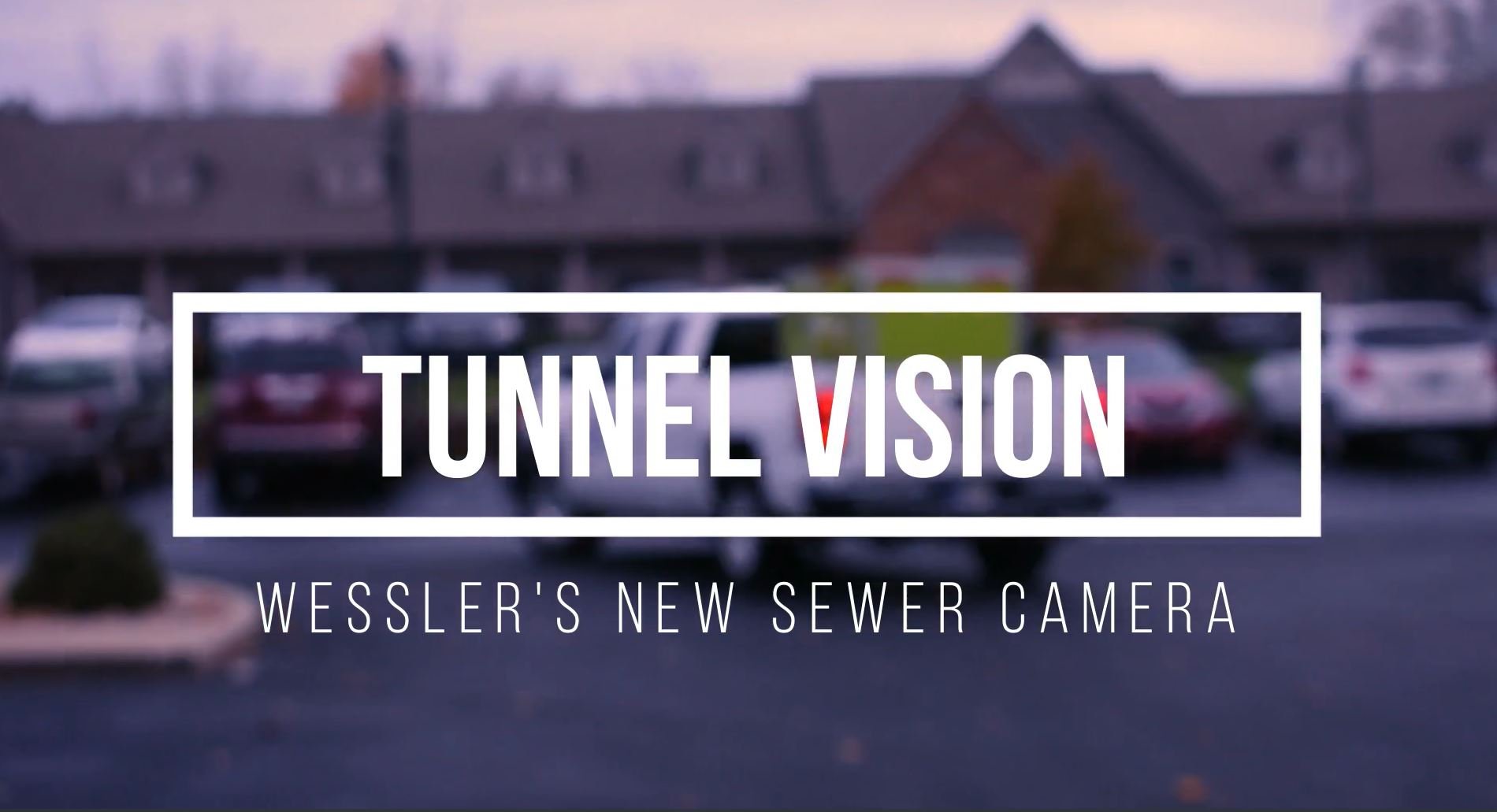

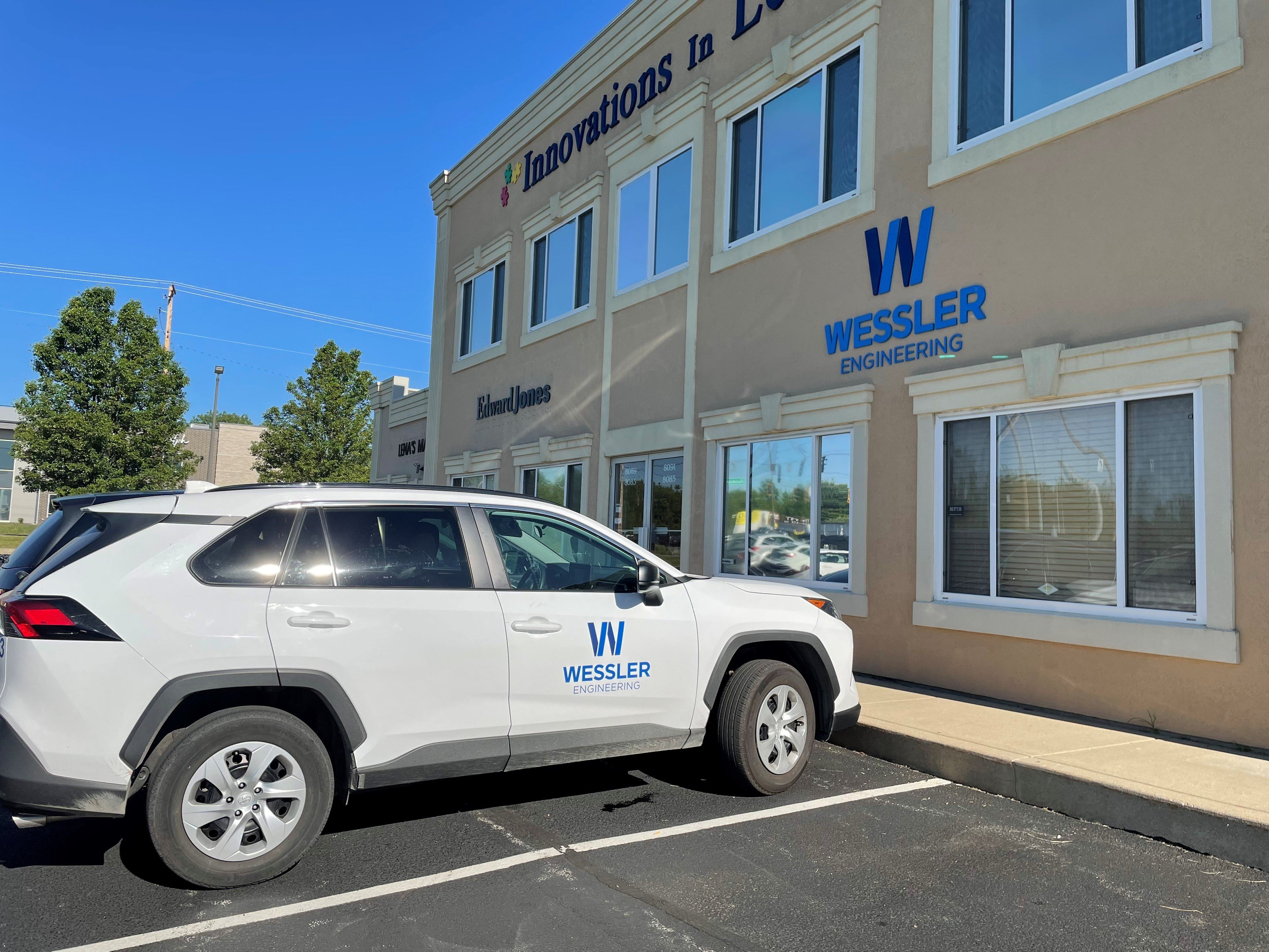

![[Webinar Recording] The New Lead and Copper Rule: What Does it Mean for Municipal Drinking Water Systems?](https://info.wesslerengineering.com/hubfs/Lead%20and%20Copper%20Rule%20Blog%20Featured%20Image.jpg)
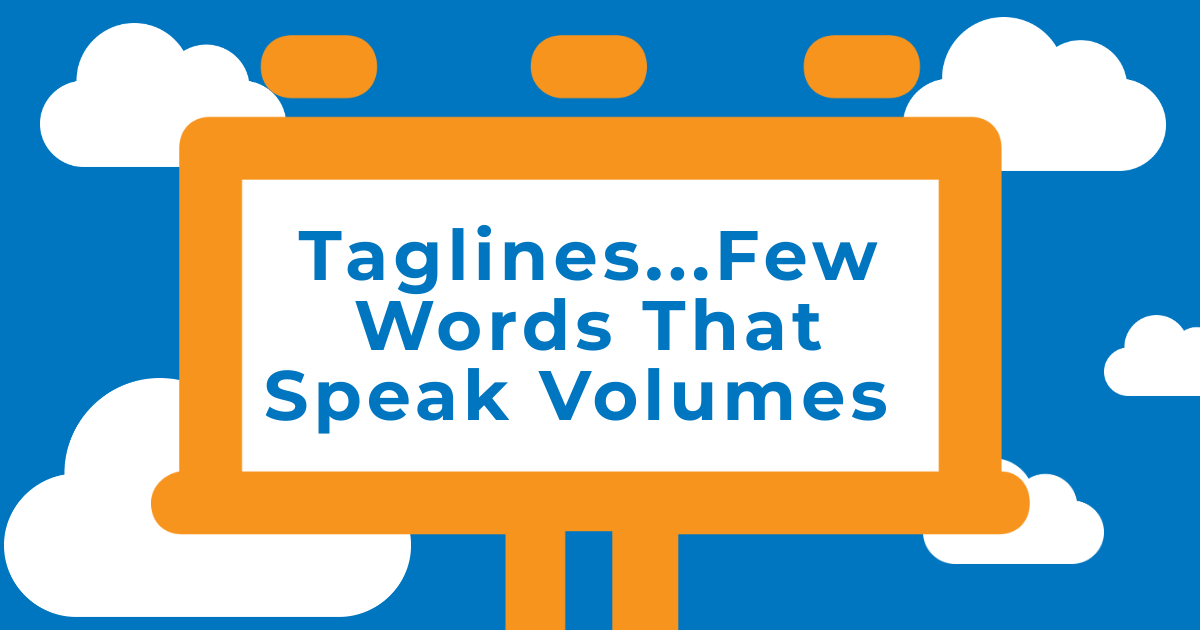
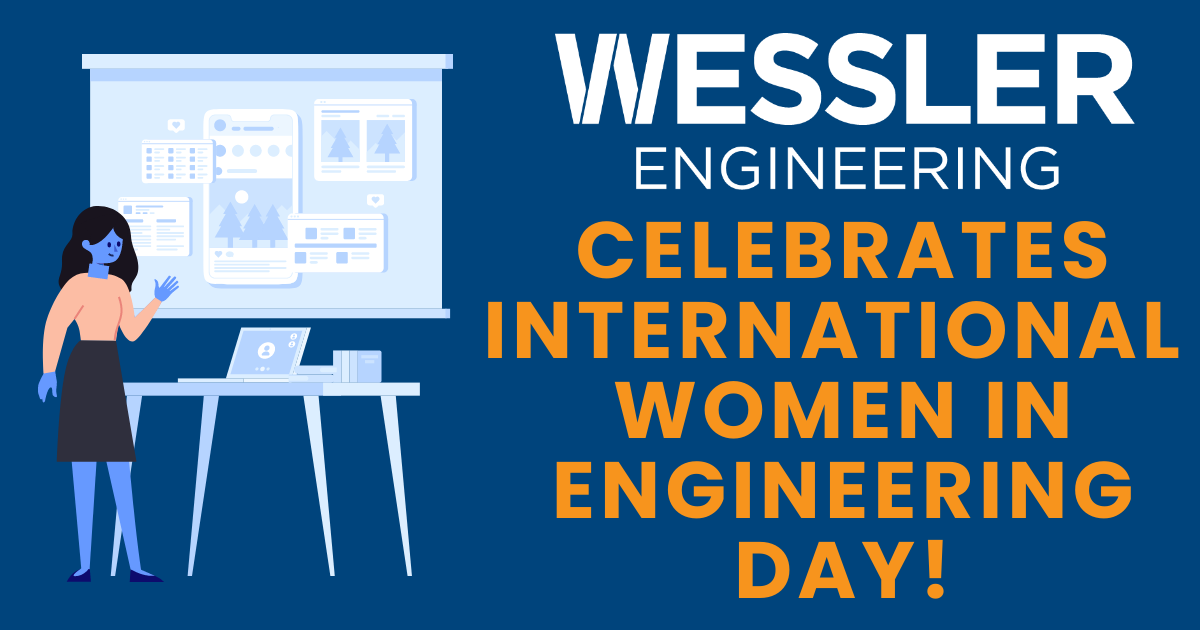

![[Webinar Recording] Build-Operate-Transfer (BOT) - An Alternate Delivery Method](https://info.wesslerengineering.com/hubfs/2021%20Aim%20presentation%20cover%20photo-1.png)




